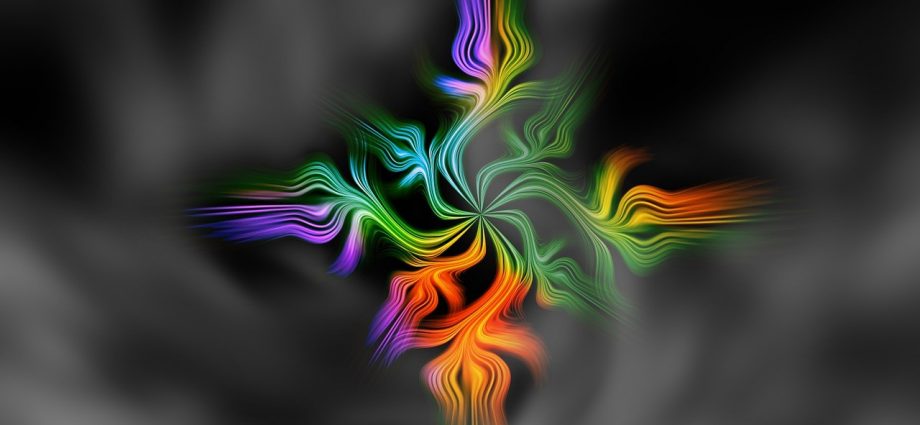Nostalgic sentence example
- When the old song came on the radio, Harold suddenly felt nostalgic for his high school years. …
- The senior citizens shared stories of the events that made them the most nostalgic and filled with longing for the past.
What is nostalgic feel?
: feeling or inspiring nostalgia: such as. a : longing for or thinking fondly of a past time or condition As we drove through the French countryside, I couldn’t help being not just nostalgic, but wistful, about how simple wine was 25 years ago.—
How do you express nostalgic feelings?
5 Things To Get You Feeling Nostalgic
- Listen To Old Music. Listening to music from your childhood can often take you back to a time of your youth. …
- Look at Old Photographs. Looking at old photos is another way to spark feelings of nostalgia. …
- Watch Old Movies. …
- Play An Old Fashioned Game. …
- Visit Your Old Neighbourhood.
Why do I cry when I get nostalgic?
Batcho told the APA. “When we are sad or discouraged, it can be uplifting to remember that we are still the person who had been happy, strong, and productive.” But some people might not be comforted by thinking about their past, so nostalgia can make them feel depressed.
Why do I feel so nostalgic?
Nostalgia, then, seems to be one way that people cope with various negative mental states, or “psychological threats.” “If you’re feeling lonely, if you’re feeling like a failure, if you feel like you don’t know if your life has any purpose if what you’re doing has any value, you can reach into this reservoir of …
Is nostalgia a mood?
The modern view is that nostalgia is an independent, and even positive, emotion that many people experience often. Nostalgia has been found to have important psychological functions, such as to improve mood, increase social connectedness, enhance positive self-regard, and provide existential meaning.
Does nostalgic mean happy?
experiencing or exhibiting nostalgia, a sentimental or wistful yearning for the happiness felt in a former place, time, or situation.
What is nostalgic example?
The definition of nostalgic is someone or something who has a longing for the past or who looks back and remembers the past wistfully. An example of nostalgic is a person who is looking back at old photographs and remembering good times.
Can a song be nostalgic?
A cookie, a song, a sight, a smell, almost any sensation can lead to memories and nostalgia. The effect may prove most profound when there are few encounters with the sensation between that long ago period and the present.
Is nostalgia and nostalgic same?
Key Difference: The terms nostalgia and nostalgic are medically related terms used for homesickness. The difference between them is of the time periods, that is, nostalgia is related to the past, whereas, nostalgic is related to the present. … In medical science, nostalgia is a term associated with past memories.
What is a nostalgic moment?
n. 1 a yearning for the return of past circumstances, events, etc. 2 the evocation of this emotion, as in a book, film, etc. 3 longing for home or family; homesickness.
Is nostalgia a happy or sad feeling?
Nostalgia refers to those wistful, sentimental feelings that surface when you recall significant experiences, relationships, places, and other bits of the past. Often, nostalgia inspires positive emotions — a sense of meaningfulness or life purpose, social connection, and optimism.
Is nostalgic a character trait?
The modern view is that nostalgia is an independent, and even positive, emotion that many people experience often. Such benefits may lead to a chronic disposition or personality trait of “nostalgia proneness.” Nostalgia has also been associated with learning and memory consolidation.
Why is nostalgia so strong?
Nostalgia evokes strong feelings in us, like happiness, yearnings and regret. All these emotions are powerful enough to change our emotional states quickly. As our emotional states change, our psychology changes and as a result our perspective changes as well.
What does Anemoia?
MEANING. Anemoia is a word coined by The Dictionary of Obscure Sorrows, which means: nostalgia for a time you’ve never known. I believe that at our core, we all are deeply desiring of a world where justice and liberation dominate our social fabric. A time we have not yet seen, yet inherently yearn for.
What causes Anemoia?
Thus, it may be stated that anemoia is the product of a buildup of normal nostalgia. People remember the past inaccurately and pass those inaccuracies down. Later people hear those stories and embellish them even further. Thus, the further one goes back into the past, the more embellished and idyllic that past becomes.
What is nostalgia a symptom of?
Clinical psychologists often view nostalgia – defined by the Oxford dictionary as a “sentimental longing for the past” – as a symptom of depression. Why else would a person choose to live in the past? Depression about the present or the future must have sent the person backwards in time for solace.
What is it called when you have nostalgia for something you never experienced?
Anemoia: Nostalgia For A Time You’ve Never Known.
What is a correct pronunciation?
Pronunciation is the way in which a word or a language is spoken. This may refer to generally agreed-upon sequences of sounds used in speaking a given word or language in a specific dialect (“correct pronunciation”) or simply the way a particular individual speaks a word or language.
What is the difference between nostalgia and deja vu?
Nostalgia to déjà vu, although different, are quite similar. Nostalgia is often triggered by scents, like maybe a specific detergent your significant other uses, or tastes, sights, or touch. Déjà vu on the other hand seems to not have an actual trigger source but happens spontaneously and without cause.
